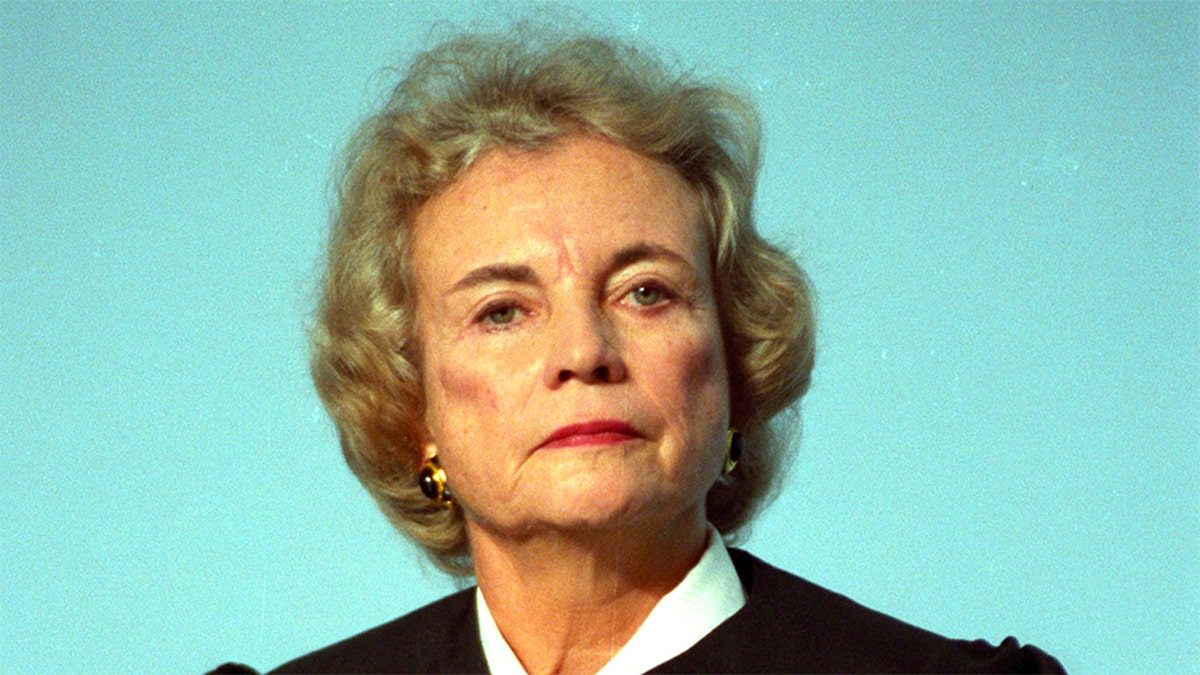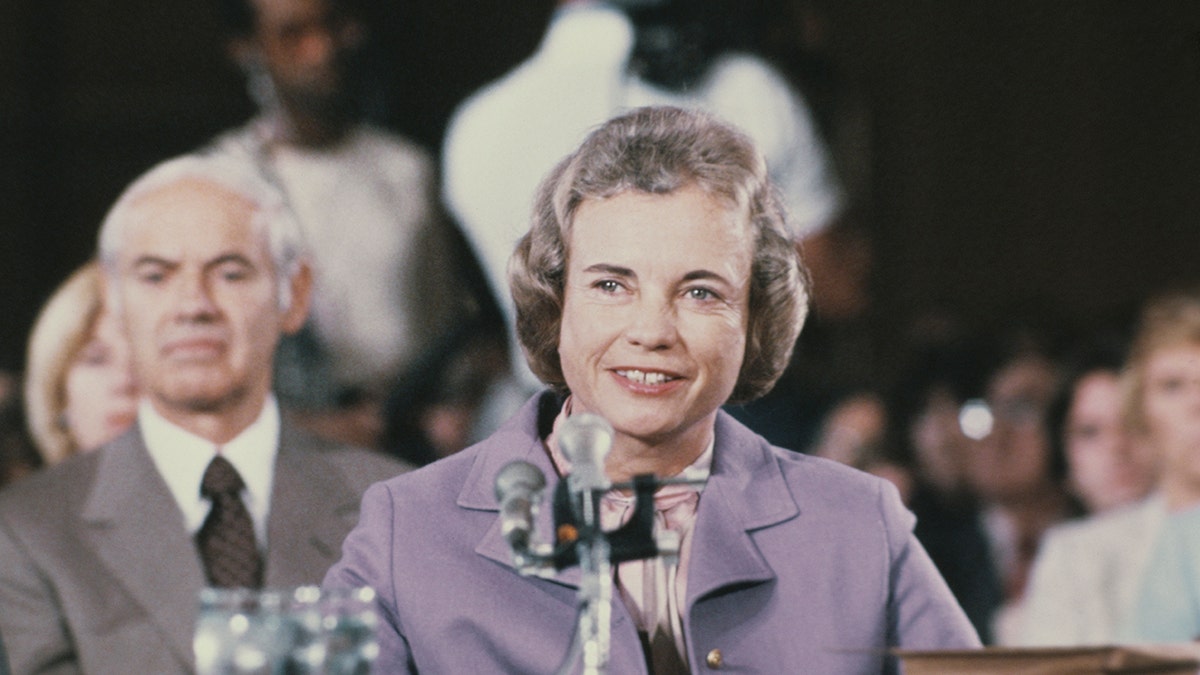Fox News Flash top headlines for June 17
Fox News Flash top headlines are here. Check out what's clicking on Foxnews.com.
Former U.S. Supreme Court Justice Sandra Day O’Connor, the first woman ever appointed to the nation's highest court, was unjustly omitted from a list of remarkable women in American history, critics of new grade-school teaching guidance in North Carolina claimed this week.
The North Carolina State Board of Education approved the controversial new "unpacking documents" for social studies teaching standards Thursday, reports said.
"I know we cannot think of every person in history, every event in history, every major theme in history, but I cannot for the life of me understand how in this particular standard within the unpacking documents how we missed Sandra Day O’Connor — the first female to serve on the U.S. Supreme Court, appointed by President Ronald Reagan in 1981," conservative board member Olivia Oxendine said, according to the News & Observer in Raleigh. "I don’t know how we missed that historical figure."
The board approved the new documents in a 7-3 vote, which also included compromises such as leaving out the terms "systemic racism" and "gender identity," according to WTVD-TV of the Raleigh-Durham area.
The examples of women "who have contributed to change and innovation in the United States" listed for a 5th-grade classroom in the state include the late U.S. Supreme Court Justice Ruth Bader Ginsburg, suffragette Susan B. Anthony, abolitionist Sojourner Truth and former first lady Eleanor Roosevelt.
State Superintendent Catherine Truitt, a Republican, argued the list isn’t comprehensive and is only meant as a framework.
"Someone may very well look at that list and say, ‘Oh, I understand. Sandra Day O’Connor would fit perfectly in the lesson that I’m going to choose,’" Truitt said.
But Oxendine, who voted against adopting the documents, argued O’Connor is too important to not be listed.

Then-U.S. Supreme Court Justice Sandra Day O'Connor is seen in Washington, Nov. 12, 1991. (Reuters)
"The state-level guides, exemplifies and sends the message to the districts these names, these places, these events in history are so important that they appear in our state-adopted documents," she said, the News & Observer reported.
The new social studies standards that led to the creation of the supporting documents were approved in a split 7-5 vote in February.
The standards are considered controversial because they include studying history from the perspective of historically marginalized groups, the News & Observer reported. Some Republicans compared that to "Critical Race Theory," which teaches racism and sexism as a social construct, the report said.
Opponents of Critical Race Theory claim it makes White and male students feel like they are oppressors simply because of who they are and makes women and minorities feel oppressed for the same reason.

Arizona judge Sandra Day O'Connor testifies at her confirmation as associate justice of the U.S. Supreme Court before the Senate Judiciary Committee, in Washington, September 1981. (Getty Images)
Some Republicans have called the new standards "divisive" and "anti-American," according to WTVD.
The board has a Democratic majority.
Truitt added that teachers are not required to use the documents.
CLICK HERE TO GET THE FOX NEWS APP
"There is nothing you're looking at today that would prevent a teacher from delving into any topic that she or he felt is necessary for a closer look," she said, specifically answering a board member’s question about whether a teacher can talk about racism, sexism and discrimination, the News & Observer reported.
She continued, "We are not dictating the amount of time a teacher can spend on something. We are not dictating the resources that they choose, we're not even dictating the topics that they use to address the standards. We are merely suggesting that these topics fulfill the teaching of this standard."
O'Connor, now 91, is a Texas native who served on the Supreme Court from September 1981 until stepping down in January 2006. Her resignation led to then-President George W. Bush nominating New Jersey native Samuel Alito to the high court. Alito, now 71, has served ever since the Senate confirmed his nomination in January 2007.














































